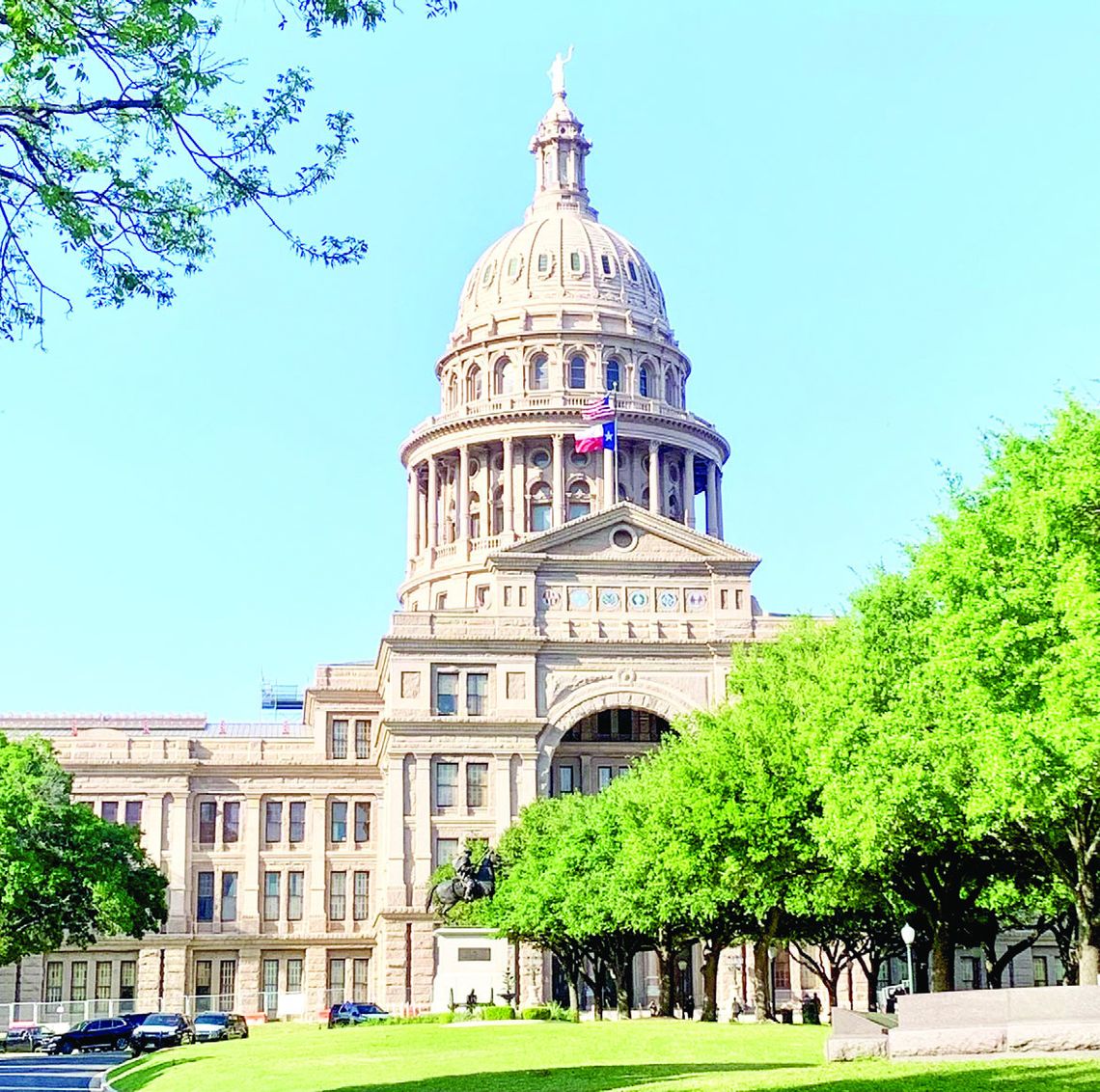District questions public cost of private school aid
A long-debated school voucher proposal cleared the House floor last week, but Elgin Independent School District leaders warn the bill could siphon public funds from local schools.
Senate Bill 2, which would create a statewide Education Savings Account program for private education, passed the Texas House April 17. Elgin ISD Superintendent Jana Rueter said the bill presents clear risks for rural and fast-growth districts like Elgin — despite the district having no private campuses of its own.
“We don’t have any organized private schools in the area yet,” Rueter said after the bill was initially approved by the Senate in February. “When this happens, you’re going to start seeing them.”
The Senate can now accept the amended version or send it to a conference committee. Either route must be completed before the Legislature gavels out May 26.
The measure
SB 2 would launch 100,000 savings accounts for the 2026– 27 school year, according to state records.
Families could receive up to $10,000 per child for private school tuition, $11,500 for students with disabilities and $2,000 for homeschool costs — including an additional $500 if the child also has a disability.
The amended bill states accounts would cap at $20,000 and refill each semester.
“This is an unprecedented victory for families, students and the future of our great state,” Gov. Greg Abbott said after the House vote. “Now, with historic school choice combined with record public education funding, Texas is on track to lead the nation in education.”
Rueter, however, questioned whether the state’s priorities were truly aligned with supporting public schools.
“Would we pay everybody to have a country club membership instead of its public park? No,” she said.
The House version did add new restrictions, requiring that 80% of funds be prioritized for students with disabilities or from households earning under 500% of the federal poverty level — about $161,000 for a family of four, according to legislative documents. Lawmakers also included a twoyear operating requirement before any private school can receive ESA payments.
According to the bill, the accounts would be overseen by the Texas comptroller and managed through state-certified Educational Assistance Organizations. Supporters say the bill includes safeguards to ensure compliance, including audits, annual reports and vendor tracking.
Still, Rueter pointed to what she described as a lack of academic accountability for private institutions accepting public dollars.
“Private schools accepting the voucher don’t have to take the STAAR test. They don’t have to
“Would we pay everybody to have a country club membership instead of its public park? No.”
— Jana Rueter, Elgin ISD superintendent hire certified teachers at all,” she said. “I mean, it’s unreal.”

Elgin’s reality
Texas public schools currently receive $6,160 per student through the state’s basic allotment. Under House Bill 2 — a companion finance measure tied to SB 2 — that amount could increase.
“Right now, we’re begging for a basic allotment increase just to educate kids,” she said. “They’re taking substantial funding and providing it for vouchers.”
Elgin ISD reports that inflation has reduced the buying power of the basic allotment by $1,340 since 2020. Restoring that amount would provide the district with an average $5,746 teacher pay raise, $1.7 million for special education and $138,000 for school safety — needs the district now covers through reallocated funds.
“We’re a fast-growth district,” Rueter added. “Taking money out of the pot while we’re still trying to build buses, hire teachers and run 168 square miles of routes — that’s huge.”
Disdain for the decision can also be found in the classroom.
“The bill pretends like it is going to help all families, but it really just offers a discount for those already in private education. It’s leaving public schools with even fewer resources,” said a local teacher, who asked to remain anonymous.
Rueter also warned that the introduction of voucher funding could incentivize new private schools to open nearby — changing the education landscape in ways the district may not be prepared for.
“They’re saying it won’t impact enrollment because it’s going to fami lies already paying tuition,” Rueter added. “But that changes when someone opens a new campus down the road. That’s when the money leaves, and so do some of our kids.”
Growing needs and funds As Elgin ISD grows, so do its financial obligations — many of which, Rueter said, already exceed what the state provides.
In 2024, district officials reported state funding shortfalls of $1.35 million in special education, $2.78 million in transportation and $619,000 in school safety and security. Without significant new funding, Rueter said, those gaps are likely to widen.
“The state has pushed more responsibilities onto local districts without providing the resources to match,” she added. “We’re making hard choices every year to meet those needs.”
While concerns remain about voucher impacts, officials also noted signs of progress on broader school finance.
Al Rodriguez, the district’s executive director of communication and community engagement, said Elgin is “encouraged by the progress to date and awaits the final outcome of the legislative process.”
According to the Texas Association of School Administration, the basic allotment is expected to increase to $6,555 and would be automatically adjusted every two years to reflect inflation. Some school districts may see an annual funding boost ranging from $500,000 to over $1 million over the next two years, depending on enrollment and needs.
Other proposals include increased funding for pre-kindergarten programs, special education and an emphasis on veteran educators, according to Rodriguez, with lawmakers proposing salary increases that recognize their experience and role in the classroom.
“There is still a great deal of work to be done in the session,” Rodriguez said. “However, we are encouraged that progress is being made.”
What’s next
State leaders were quick to celebrate the House vote. Abbott called it “the largest day-one school choice launch in the nation.”
If the Senate accepts the House amendments, SB 2 could reach Abbott’s desk within days. If not, lawmakers will have less than a month to negotiate a final version in a conference committee.
If passed, the first education savings accounts could open next fall, according to the state.
For now, Rueter stated the district will continue advocating for funding that supports the majority of Texas students.
“Public schools are the foundation of democracy. Over 90% of our kids attend them. Without adequate funding and support, it’s going to be more and more difficult to provide what we need to provide,” Rueter said. “Elgin families depend on us. We can’t afford to lose funding while we’re still working to provide every student the opportunities they deserve.”
.png)





